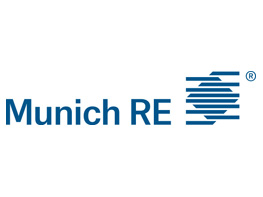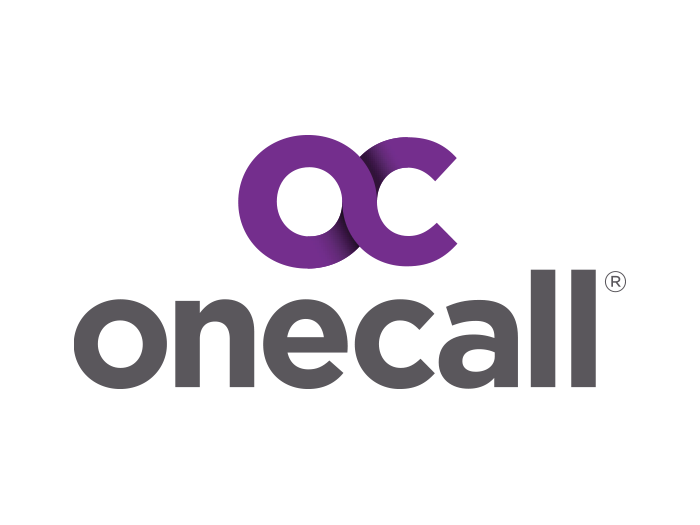Sponsored Content by ProAssurance
5 Advantages of Public Stock Over Mutual Insurance Companies

The medical professional liability market is transforming. After years of unsustainably low rates and rising loss costs, underwriters are pulling back on limits and raising rates. COVID-19 has placed enormous pressure on hospitals, health systems and practitioners to provide the best care under unprecedented times.
In the midst of these challenges, buyers may choose to step back and re-evaluate their choice of carrier.
MPL buyers may switch based on two factors: a bad claims experience and price. Other reasons include moving to a state where the incumbent carrier is not active or relevant or if a physician practice joins a large entity and the incumbent is no longer able to meet increased coverage needs.
One rare factor is ownership structure. According to Rob Francis, EVP, ProAssurance, ownership structure provides vital clues regarding customer service quality, financial health and changing market sustainability: “In 20+ years at ProAssurance, I don’t recall a single client raising questions about ownership structure. When an agent is reviewing the pros and cons of competitive quotes, ownership structure is simply not on the spreadsheet. That’s a shame, because it does have a material effect at both the individual account service level and on overall company health,” Francis said.
Public stock companies often face criticism that their top priority is to generate profit for shareholders while mutual companies would theoretically solely serve its member/owners. However, a stock ownership structure offers specific advantages over a mutual structure. Here are five ways.
1) Being Held Accountable by Investors

Rob Francis, EVP, ProAssurance
Institutional investors are adept at evaluating the business operations and performance of companies in their portfolio. Public companies do well by proving their experience and expertise in their market and maintaining a track record of success. That’s only possible if a company provides consistently good service and good outcomes for customers.
Shareholders’ confidence in a company signifies a reliable, well-run, financially healthy business.
“Our investors aren’t ‘taking a flyer’ on ProAssurance, they’re digging through financial statements, building valuation models, and vigorously questioning us in quarterly live calls. They’re constantly checking to make sure they’ve made a wise investment,” Francis said. “Investors know ProAssurance’s value is rooted in using our experience to underwrite an exceptional book of business and then provide the service needed to retain those customers.”
2) Meeting Higher Regulatory Standards
Public companies have to meet a higher standard due to additional regulatory requirements: “We, like all competitors, report to the NAIC and relevant state departments of insurance, including periodic state audits. ProAssurance additionally must disclose material events publicly and file reports with the SEC,” Francis said. “We’re bound by SOX and other federal laws applicable to public companies. This means our officers are directly responsible for the accuracy of all financial reports and the integrity of key controls.”
The additional regulatory requirements mean public companies are inherently transparent. The more transparency and disclosure from any given company, the more confidence a buyer can feel in selecting a carrier; and the more comfortable an agent can be when advising their client.
“With greater regulatory compliance obligations, there’s more pressure involved in operating a public company. In our opinion, that added pressure makes us a stronger company,” Francis said.
3) Resiliency to Market Cycles
Insurance is a highly cyclical industry, and of the specialty lines, MPL has among the longest tails. The operating environment in which a buyer chooses its carrier or experiences a loss event may be radically different than when the company is called upon to defend a claim. An insured that purchases a policy when times are good for the carrier but files a claim when the market is challenging may find it does not receive its expected service level.
Public stock companies have more flexibility in accessing capital markets, plus many investment banking and other financial industry relationships to call upon in hard times — or in times of opportunity such as M&A transactions: “This flexibility makes public companies better equipped to weather market cycles and therefore provide a more consistent level of service,” Francis said. “Of course, the ability to access capital markets is dependent on a company’s overall financial position, but public companies must report on their financial health every quarter, so insureds know where they stand.”
4) A Diverse Board of Directors
MPL insurance is at the complicated intersection of medicine, law and finance. While publicly owned MPL carriers have physician board members, they should also have legal and financial representation.
“While the physician start-up spirit from the initial medical liability crisis is still in our DNA, we’ve adapted to an ownership structure to stay viable over the long term. Physician involvement remains central to our operations, including having five physicians on our board of directors,” Francis said. “We have the best of both worlds with physician board members advising us on the market and medicine while also having professional experience diversity from the other disciplines which is a major advantage over the old-school physician board mono-cultures.”
Board members with more diverse sets of experience will bring complementary perspectives to problem solving and ultimately make informed, well-rounded decisions.
5) Motivate Employees with Ownership Stakes
Many public companies offer stock options to employees, which can be very empowering and motivating. When employees are part-owners of their organization, they have more skin in the game and are more likely to bring their best selves to the job.
The company’s reputation becomes a direct reflection of the people working for and running it. Providing excellent service becomes less of an obligation and more a point of pride.
“Many ProAssurance employees, including myself, are shareholders. Having an ownership stake in our company means I am personally invested in raising the bar every day,” Francis said.
Trusted by Physicians
Over the past 30 years, ProAssurance has grown steadily. Most recently it acquired former mutual MPL insurer NORCAL Group. Importantly, NORCAL’s physician owners overwhelmingly supported the move away from mutual ownership and integration with a public stock company. ProAssurance’s larger size, financial flexibility and track record of transparency offer the promise of longevity and consistency in a hardening market.
“Because we started out as a mutual ourselves, a focus on physicians’ unique challenges and coverage needs is part of our blueprint. We prioritize transparent conversations around risks and market conditions, disciplined underwriting, and delivery of an exceptional claims experience. It’s only by serving our policyholders that we also satisfy shareholders and stay successful,” Francis said. “MPL insurance buyers are going to have to make tough decisions to navigate this market. Ownership structure should be a part of the discussion.
To learn more, visit https://www.proassurance.com/.
This article was produced by the R&I Brand Studio, a unit of the advertising department of Risk & Insurance, in collaboration with ProAssurance. The editorial staff of Risk & Insurance had no role in its preparation.










